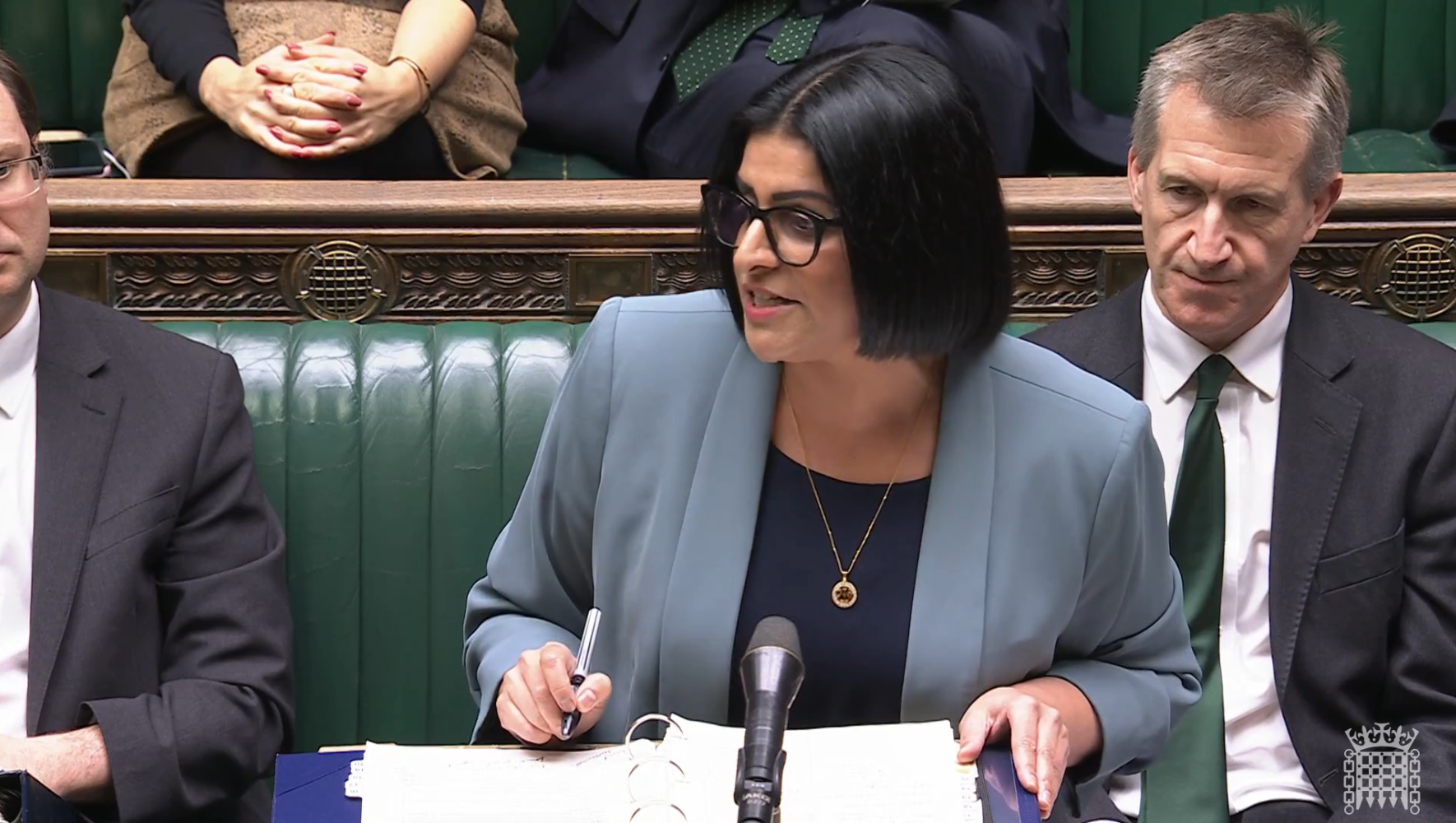
At HIAS+JCORE, we’re seeing firsthand the effects of the ‘move-on’ period – the policy which gives new refugees just four weeks to ‘move on’ from Home Office support after receiving status. With temperatures dropping, and the move-on period causing street homelessness across the country, we’re deeply worried about the impact it will have this winter. Our Advocacy Intern writes here on why policy change must be a priority.
How are new refugees supposed to thrive if we don’t give them a fair chance? This question – and the experiences of the young people we support through our JUMP befriending programme – has driven our campaign to extend the ‘move-on’ period.
At HIAS+JCORE, we’re committed to creating a fairer asylum system, and supporting refugees after their journeys to safety. To do so, we know that displaced people must be empowered and allowed to flourish: but currently, the ‘move-on’ period is doing the exact opposite.
This isn’t just our opinion. Together with our Executive Director, David Mason, I’ve recently met with a number of councils in London, including councillors in Camden, Brent, Waltham Forest, and Haringey. All of these Local Authorities play a critical role in providing frontline support and resources to refugees in their Boroughs. And all of these councils stressed that the ‘move-on’ period is causing a dangerous “cliff edge”.
Councils across the UK are calling for this transition period to be extended to 56 days, in line with the Homelessness Reduction Act (in a recent Local Government Association survey, 84% said this would be the most effective way of reducing costs and impacts from clearing the asylum backlog).
With these recent conversations in mind, here are three key reasons why we are calling for the move-on period to be extended:
- The timeframe. 28 days does not give refugees enough time to find employment, secure accommodation, and access mainstream benefits. These challenges are compounded by the government’s policy barring people seeking asylum from working while awaiting a decision, leaving people without a financial safety net.
- Homelessness prevention. In the last few years there has been a dramatic rise in homelessness of newly recognized refugees. The councils we met with stressed that this was especially common for young men – and a recent report by NACCOM found that in the last year, there was a 99% increase in the number of homeless refugees that the network supports.
- Delayed documentation. Delays in the Home Office issuing essential documents, such as the Biometric Residence Permit, prevents new refugees from opening bank accounts, securing employment, and accessing benefits, significantly increasing their vulnerability to destitution. We need to ensure that the Home Office is issuing documentation in a timely manner, so that local authorities can best respond to demand of services and resources. Extending the ‘move-on’ period would help relieve some of this burden.
It’s clear that change is needed. But we can’t achieve this without your help. Visit our ‘move-on’ page, or get in touch today, and join our campaign to extend the move-on period – and give refugees the time they need to rebuild their lives.



